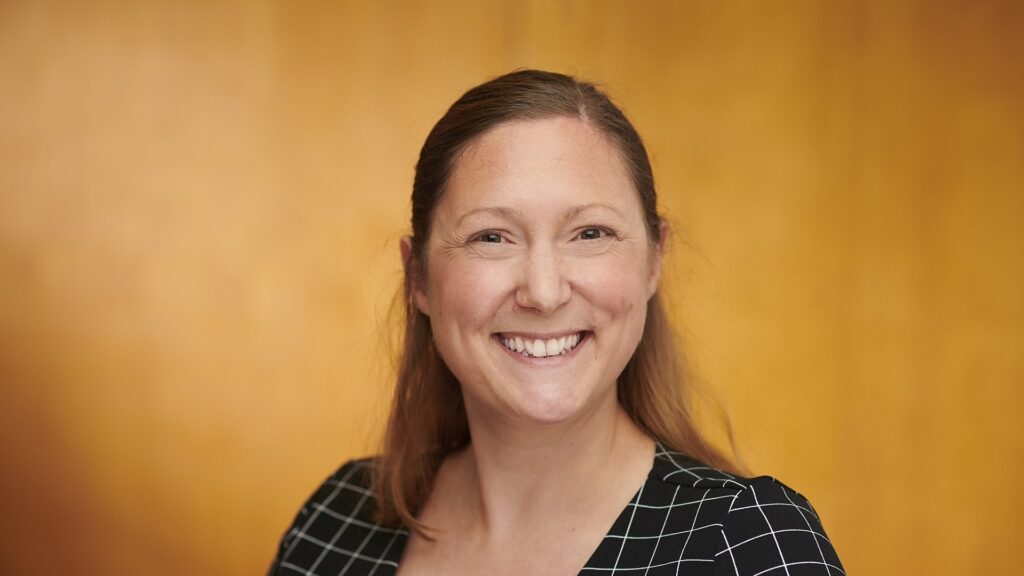Professor Linda Kaye from Edge Hill University – with Professor Chris Ferguson at Stetson University, Florida, and colleagues from Northumbria University and Villanova University, Pennsylvania – carried out extensive meta-analysis which found “methodological weaknesses” in existing research in this field.
The team analysed the results of 46 different research studies carried out around the globe and concluded, in a paper just published by the American Psychological Association, that there is currently no reliable evidence to link the general use of social media platforms to mental health problems. They did not explore how specific types of social media content can impact mental health and they do not downplay the potential negative effects of harmful content, particularly on young people.

Professor Kaye said: “We should be very cautious in making claims about the effects of general social media use on mental health, particularly when informing policymakers, because the research itself is of questionable rigour. Often when you see findings reported on this topic, the evidence doesn’t stand up.
“Given the importance of social media in society, it’s really important that we do ‘good science’ on this. There’s a lot of public debate going on, in the US there are legal cases being brought against social media companies for example, so we really need to understand what the evidence base is.”
She urged other researchers to assess the quality of the evidence base and to be more rigorous in their analysis of the evidence.
“We need to cut through the methodological noise and see more rigorous and innovative scientific practices being applied more widely by scholars in this field, so we are better equipped to understand the nuances of the issue.”
The team’s meta-analysis drew on studies from a variety of regions including the UK, Europe, the US and Australia, and explored best practice – how the research was conducted: was the assessment of participants’ mental health clinically sound; who carried out the assessments (the individual, parent or carer, or another); and were they all assessed against the same metrics.
When combining the evidence from across the studies, Professor Kaye and her colleagues found that the effect of general social media use on mental health was close to zero, whereas other variables, such as age, gender and family relationships, had a bigger impact. The evidence did suggest that girls were slightly more likely than boys to experience negative mental health as a result of social media use.
Professor Kaye added: “As scientists we have a responsibility to look more closely at other factors: why are we using social media – to keep up with the news, interact with family and friends for example; how are we using it – are we passively scrolling through content or actively responding to or interacting with it; and what content are we viewing – is it positive and uplifting or negative and demoralising.
“Policymakers need to think carefully about the evidence they’re drawing on to inform their decision-making, how it’s being used and who has provided it. If it’s not sound evidence, it won’t lead to sound decision-making.
“As social media users we can all think a little more about how we’re actually using social media, not just the amount of time we spend on it.”
Professor Linda Kaye is Associate Head of Edge Hill University’s Department of Psychology. Her area of expertise is cyberpsychology, which broadly refers to the psychology of online behaviour. Her research explores how online worlds affect our everyday experiences and behaviour, and the extent to which we can understand human psychology from studying people’s online behaviour.
Find out more about the Department of Psychology and research at Edge Hill University.
October 15, 2024



